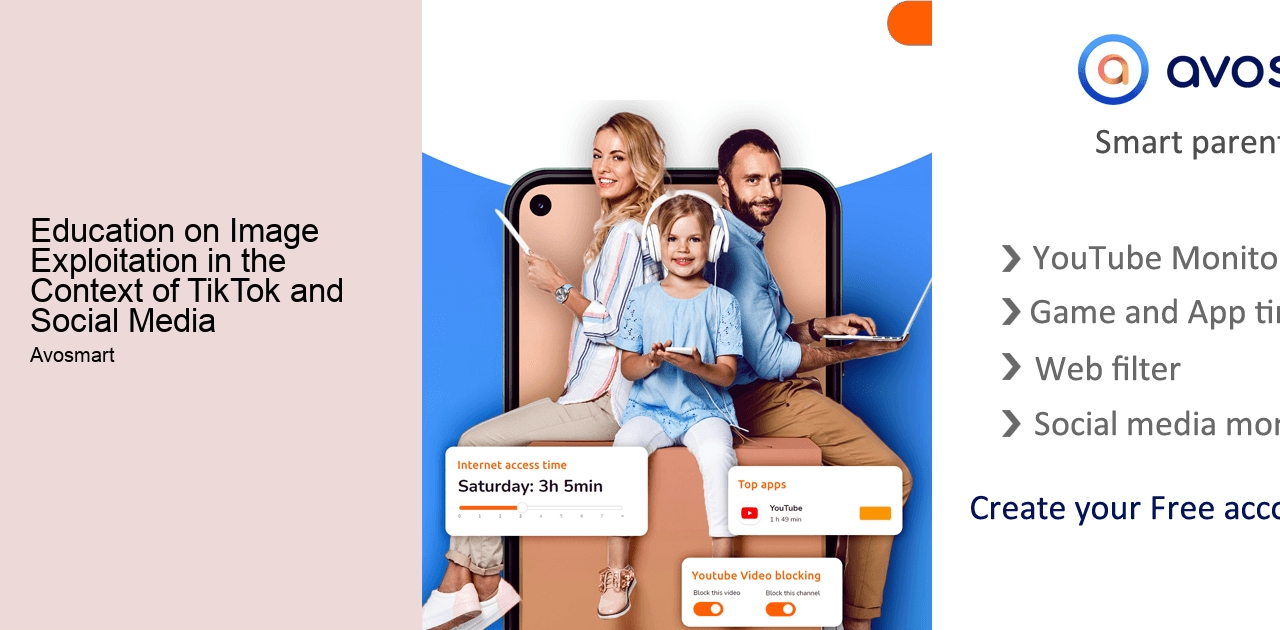
Understanding the Impact of Image Exploitation on TikTok and Social Media
Education on Image Exploitation in the Context of TikTok and Social Media
Image exploitation on TikTok and social media refers to the act of using someone's image without their consent for various purposes, such as spreading false information, promoting products, or cyberbullying. This unethical practice can have severe consequences for the individuals involved, including damage to their reputation, invasion of privacy, and emotional distress. It is important to raise awareness about the impact of image exploitation and take necessary measures to protect individuals' rights and well-being online. This includes reporting and flagging inappropriate content, educating users about consent and privacy, and implementing stricter regulations to prevent such exploitation.


